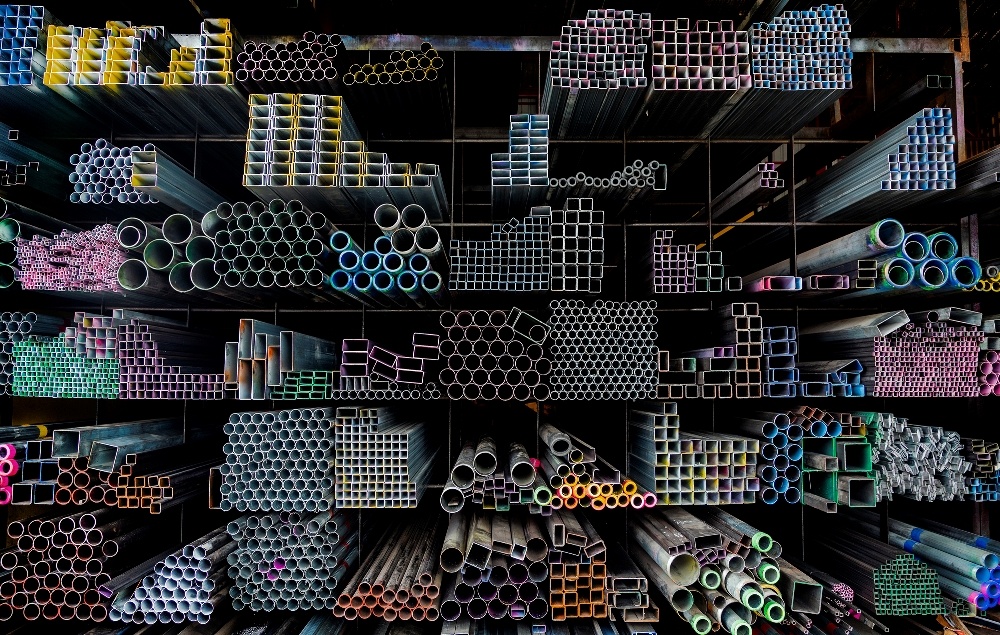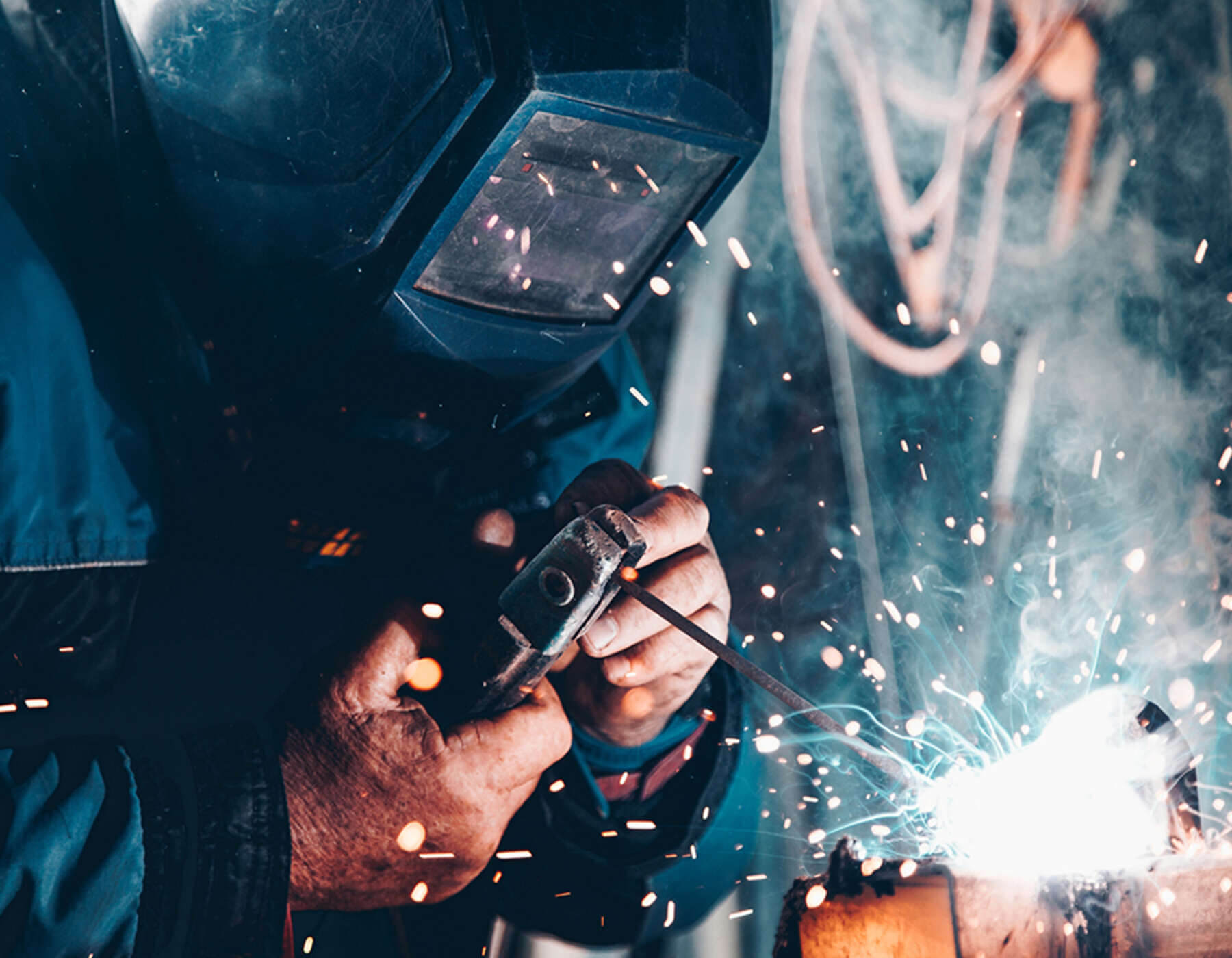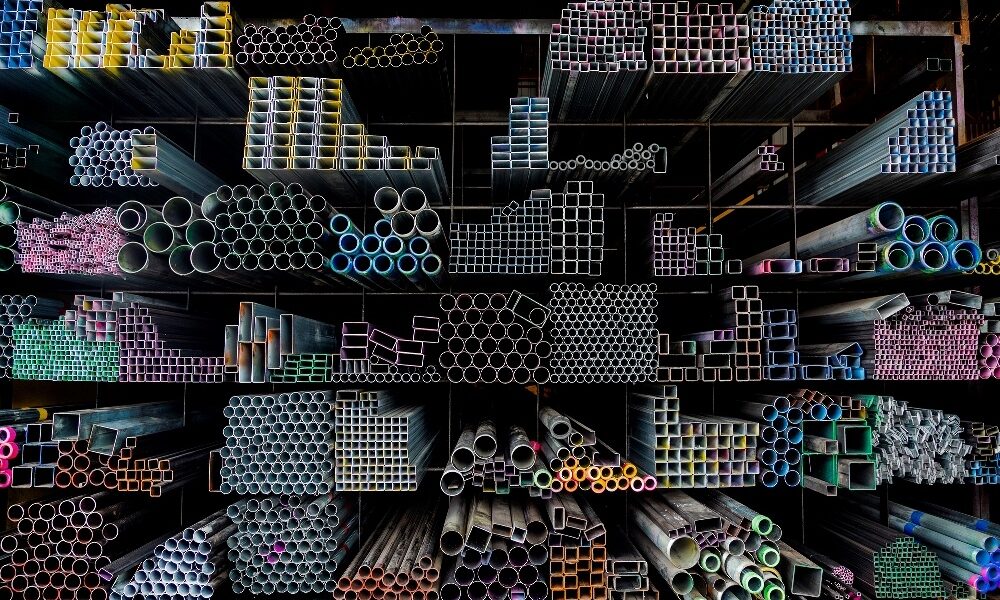
Different grades of steel come with varying properties and qualities, allowing you to tailor your choice to your specific project.
Of course, selecting the right steel depends on several factors. Factors such as environment, whether the material needs corrosion resistance, cost, mechanical properties, and more.
You also need to take into account that not all steel is manufactured in the same way, and Morfabrication ltd, we work closely with clients on steel choice as well as manufacturing processes to ensure the outcome is the best and most suitable one for your project.
Helping you choose the right steel grade
When looking at the various grades of steel and carrying out steel grade comparisons, you will be able to understand further which material is most suited to your application.
Things to consider include:
Corrosion resistance
Stainless steel is the metal of choice within this category and is ideal for applications that need to remain rust-free. And the higher the volume of chromium that the stainless steel contains, the higher the level of corrosion resistance it can provide you – making it vital that you pick the grade most suited to your project.
However, stainless steel isn’t a suitable metal for the construction industry and can negatively impact structural integrity – highlighting the importance of steel grading and the impact that this can have on quality and longevity.
Environment
Steel is used in various environments, and it’s important that you carry out a steel of grade comparison to identify PH levels, stress levels, and what temperatures the steel can maintain its performance at when it comes to exposure to certain environmental conditions.
In these situations, it’s essential that you identify where the product will be used and what it will have to withstand to ensure that you select the correct steel grade.
Tensile Strength
Tensile strength relates to a material’s resistance quality when it experiences tension. Understanding your project requirements is essential to find out what strength you need the material to perform under. Often, metal fabricators will apply force to a material to see what it can withstand before it breaks.
Mechanical Properties
Metal fabricators will always take into consideration the strength, toughness, and flexibility required when choosing the right steel grade.
They will also assess how the steel has been processed because it is exposed to varying temperatures during manufacturing. In addition, the cooling period will also achieve different effects when the metal is used within a metal fabrication process.
Heat Treatment Capabilities
Can the material undergo heat treatment? What grades of steel do you require to achieve this?
You need to know where and how the steel is going to be used because there is a big difference between structural and decorative steel in terms of strength and hardness.
Magnetism
We determine magnetism by the alloy elements the steel contains, and various grades within this type of material will have varying levels of carbon and nickel to alter the level of magnetism required.
Cost
Higher-grade steel does cost more; however, it is often the best investment due to the benefits it can offer, i.e., quality steel will provide better long-term value.
For example, if steel is corrosion resistant, there will be less maintenance, less chance of requiring a replacement, and a reduction in downtime – all saving you money.
However, it’s good to know your budget, as different steel grades and finishes will come with different price tags.
We also advise you to bear in mind the cost of installation, maintenance, and even transportation.
Work with a reputable supplier
Working with a metal steel fabricator allows you to tap into and use their knowledge of steel grades, their performance potential, and project suitability.
It also ensures you receive high quality AND meet compliance standards.
(Make sure to read our post on common misconceptions about metal fabrication companies and how you can instead benefit from their expertise.)
Popular Steel Grades
Some additional points to note:
The element of carbon provides steel with its strength, hardness, and wear resistance, meaning the lower the carbon within the grades of steel, the softer and easier to machine and weld the steel.
For example for shafts, tooling, and dies high strength steel grades will be required, compared to structural components that require welding where a lower carbon steel grade will be more apt.
For projects that require low temperature toughness, steel grades that provide you with moderate strength and toughness will be ideal.
You need to select the correct grade based on your project requirements.
Grade of steel comparison
Steel is one of the most commonly used metals across all industries, and you need to choose the right grade for a successful project, avoiding any negative implications and potential safety hazards.
Choosing the right steel for your project and carrying out a comparison steel grade task can be quite an unnerving and large task to complete. There is an array of choices, and how do you know for certain what is “right” for your project?
Call our team today and see how we can help you with your next steel project.
Call 0191 816 2718 or email us at info@morfabrication.com.

